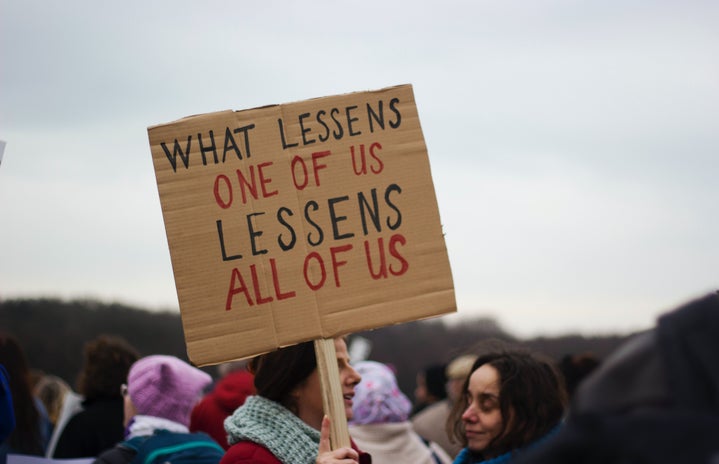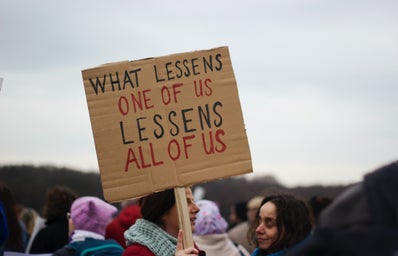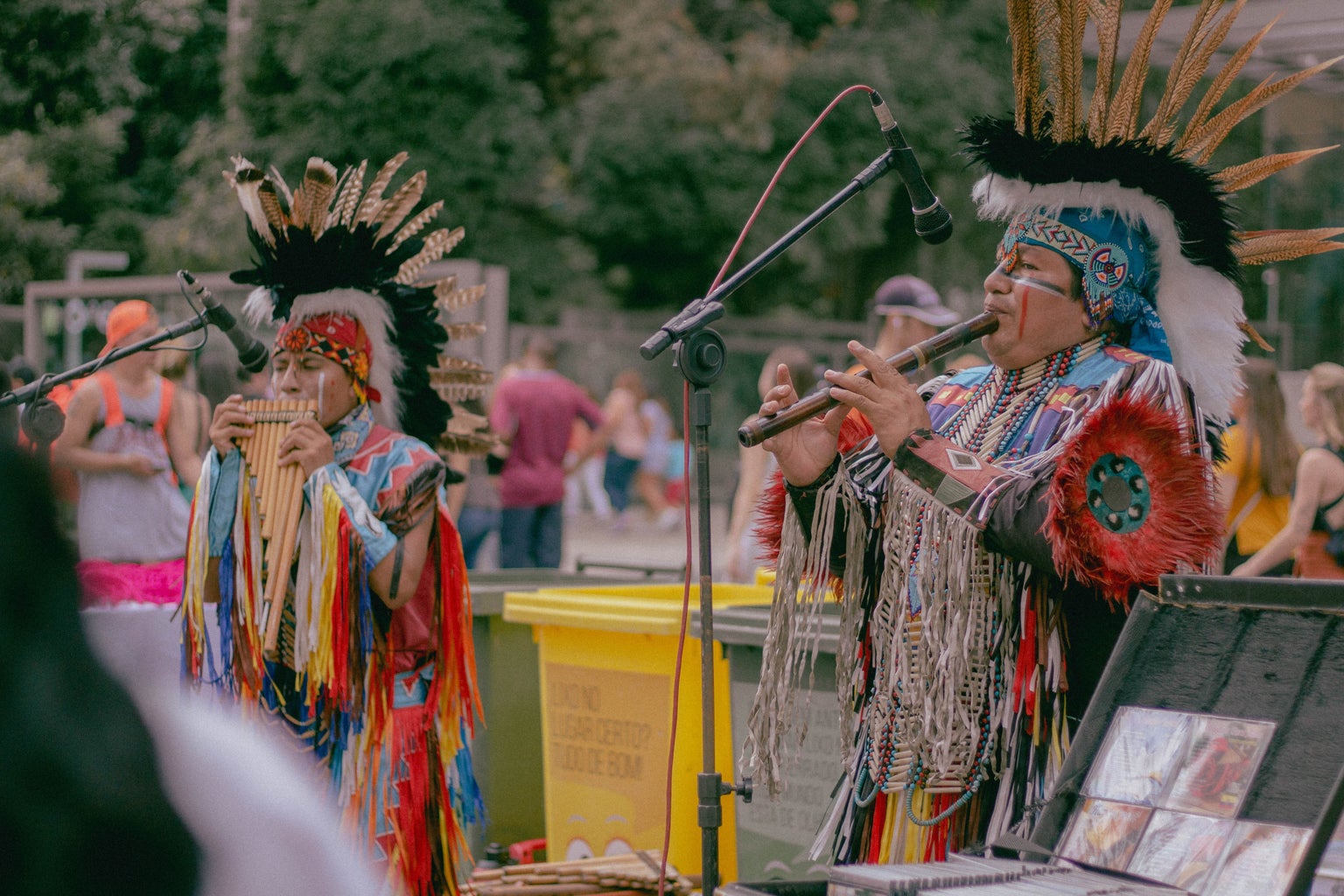Over the course of history, there have been constant battles to protect the rights of Indigenous people. The list of atrocities against Indigenous tribes in the United States spans many centuries and is still relevant today, whether it’s violence toward them or a disregard for their fundamental rights.
Most recently, the atrocity takes form in the Supreme Court case, Haaland v. Brackeen. Haaland v. Brackeen is a case that questions whether the Indian Child Welfare Act of 1978 (ICWA) violates the “equal protection and substantive due process provisions” of the fifth amendment by denying access to non-Native families looking to adopt or foster Native children, therefore upholding a race-based act. Opposers argue that the ICWA is discriminatory and unconstitutional, and does not consider that sometimes it can be beneficial for children to be placed in non-Native homes. Chad and Jennifer Brackeen, who are petitioning this law, also claim that the main concern of the ICWA is to preserve Indigenous culture rather than care for Indigenous children. This is why the case is being brought to the Supreme Court on Nov. 9, 2022.
Unfortunately, those fighting this law fail to see the true purpose of the ICWA. Here’s why it’s important and what you can do to help protect it.
What is the Indian Child Welfare Act?
The ICWA was originally passed in 1978 after there was evidence showing that Native American children were being removed from their families by agencies and placed in non-Native households. Many Child Welfare agencies did not understand the cultural differences between Native and non-Native households, which led to taking children away and placing them in households where abuse or assimilation would often happen. Before the ICWA was passed, statistics even showed that 75%-80% of Indigenous households had at least one child removed.
The ICWA was then established to prevent this from happening. Not only did this law provide authority to tribal and state courts to have a say in what happens with Indigenous children, but it also ensured that the children would continue to learn their culture, traditions, preserve their identity, and stay connected with their families who could properly understand and celebrate them. However, the ICWA does also state that non-Native families must adhere to specific guidelines in order to adopt Native children, which is where the issue of its “unconstitutionality” stems from.
Getting Rid of the ICWA will lead to other issues
If the Supreme Court agrees to get rid of the ICWA, it will cause a domino effect for other issues due to the precedent that the ICWA has set. The arguments presented in Haaland v. Brackeen challenge key points of federal Native American law. If it is overturned, laws associated with upholding tribal sovereignty and the right of tribes to self-govern are threatened as well. As a result, dozens of issues could arise, such as a loss of cultural identity and the inability to manage themselves, which could lead to another genocide of Native Americans.
What Can Be Done To Help
The good news is that there are actions that can be taken to protect the ICWA. Signing petitions, joining campaigns, and voting are all major measures that can be taken. While petitions or campaigns do not seem very significant when it comes to the Supreme Court, they do make a difference. Their main objective is to recruit new people to their cause. If the Supreme Court does make the decision to overturn the Indian Child Welfare Act, it will be more imperative than ever to have protests and campaigns fighting against that decision.
Overturning this law feels like a digression from all of the progress that this country has made in protecting Native American tribes. Lately, we have seen a trend in the government banning people from access to their fundamental rights. Attacking Native families is another step toward a devastating future, and it begs the question: when will these attacks stop?
Voting is one of the most essential ways to guarantee they will stop. Remember to register to vote, educate yourself on the candidates, and find your local voting place.
Link to Petitions:
Protect ICWA and Tribal Sovereignty!
Can’t get enough of HC UMass Amherst? Be sure to follow us on Instagram, listen to us on Spotify, like us on Facebook, and read our latest Tweets!




